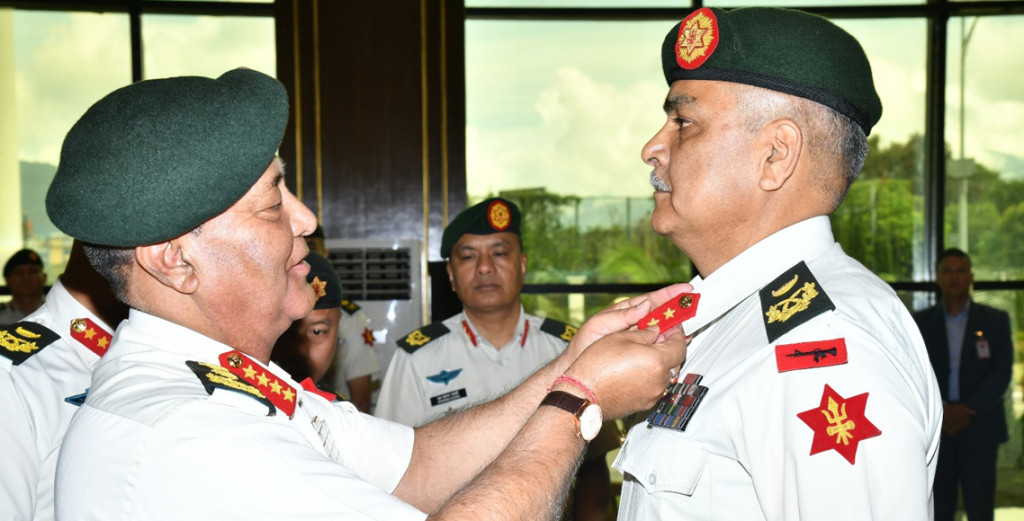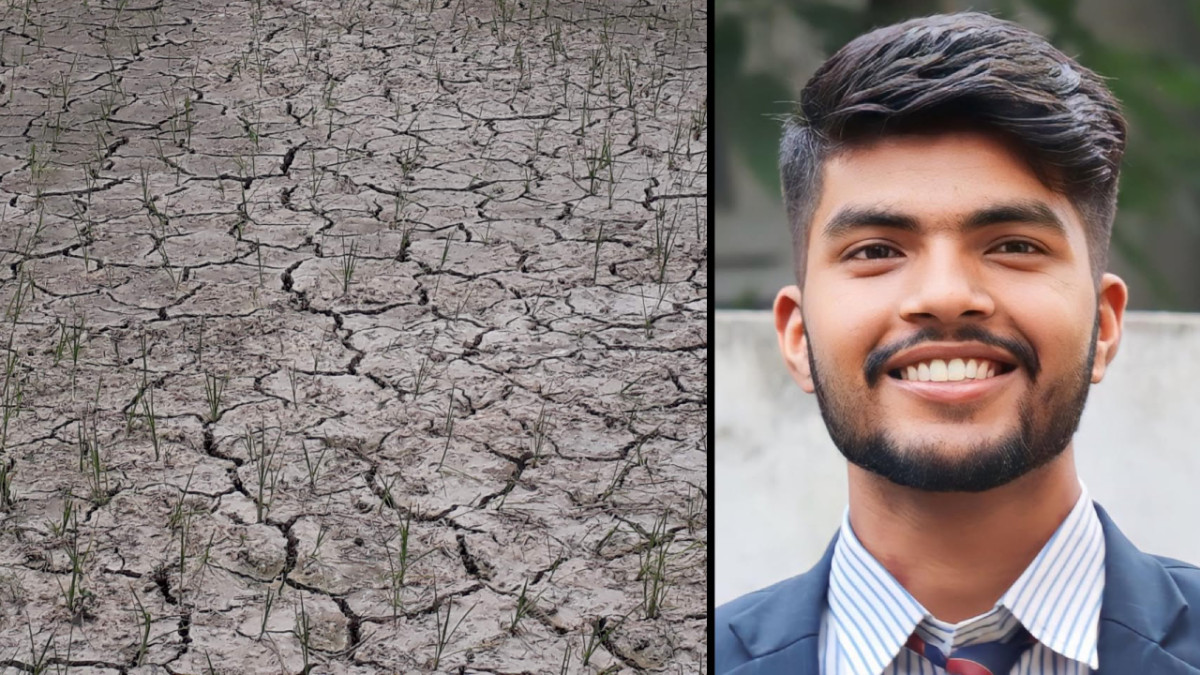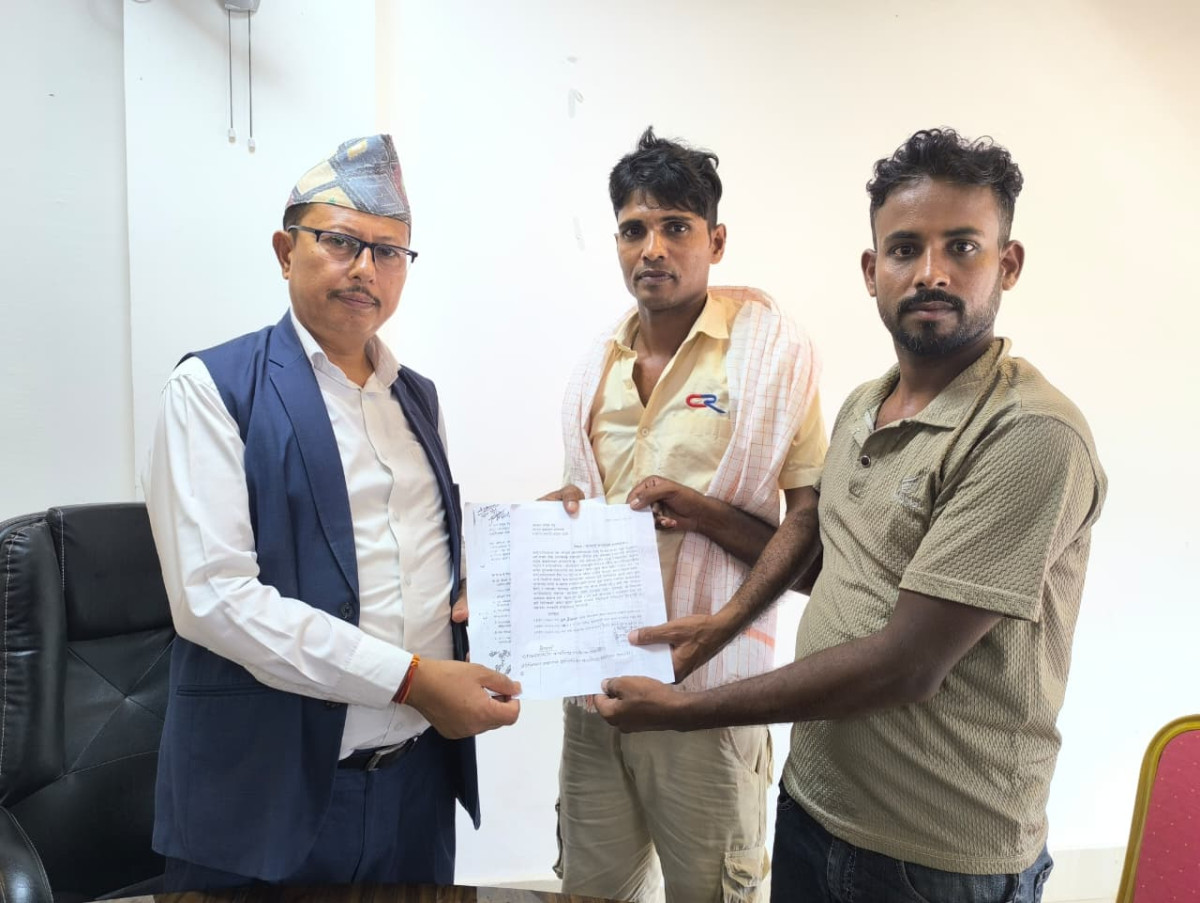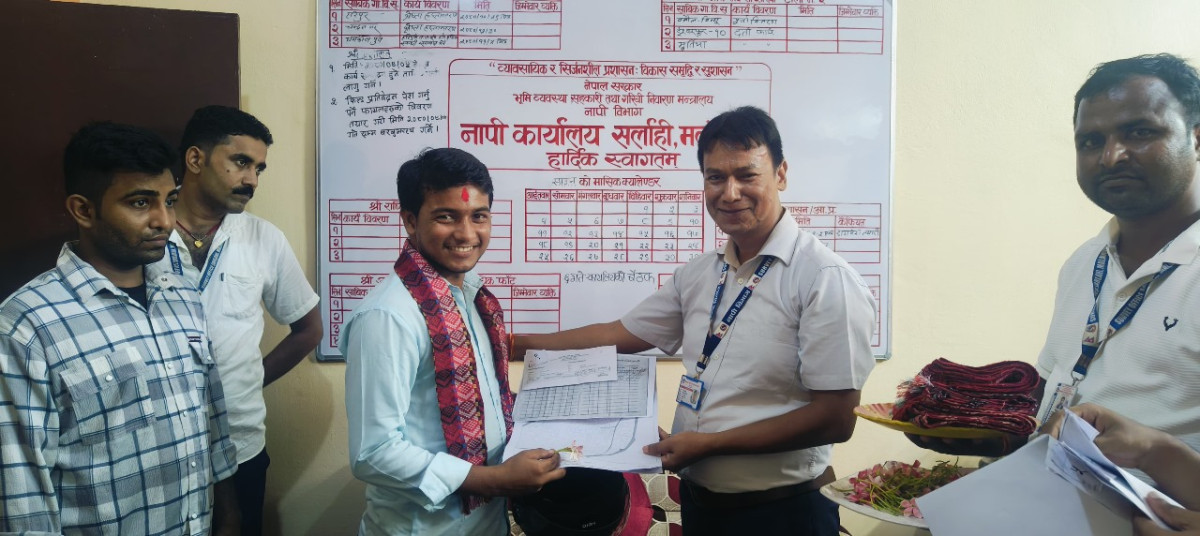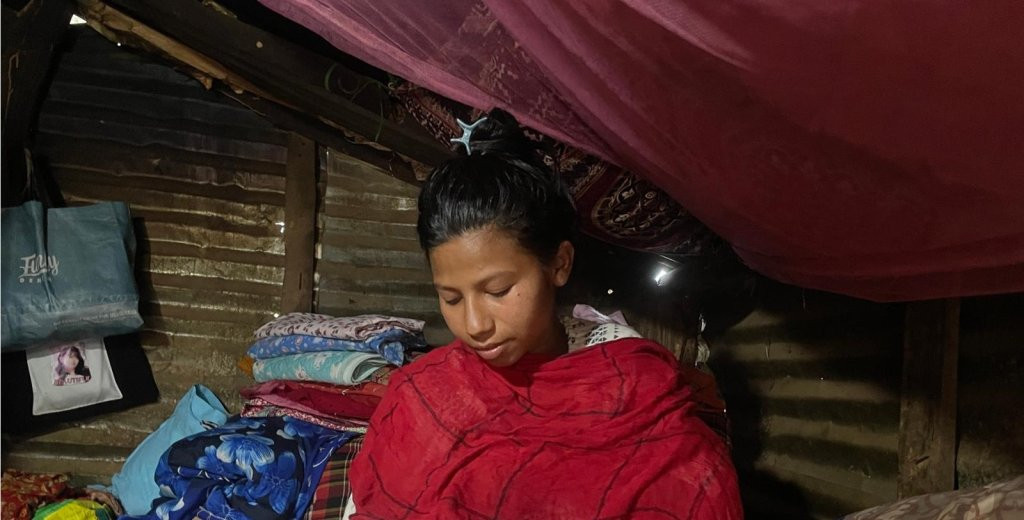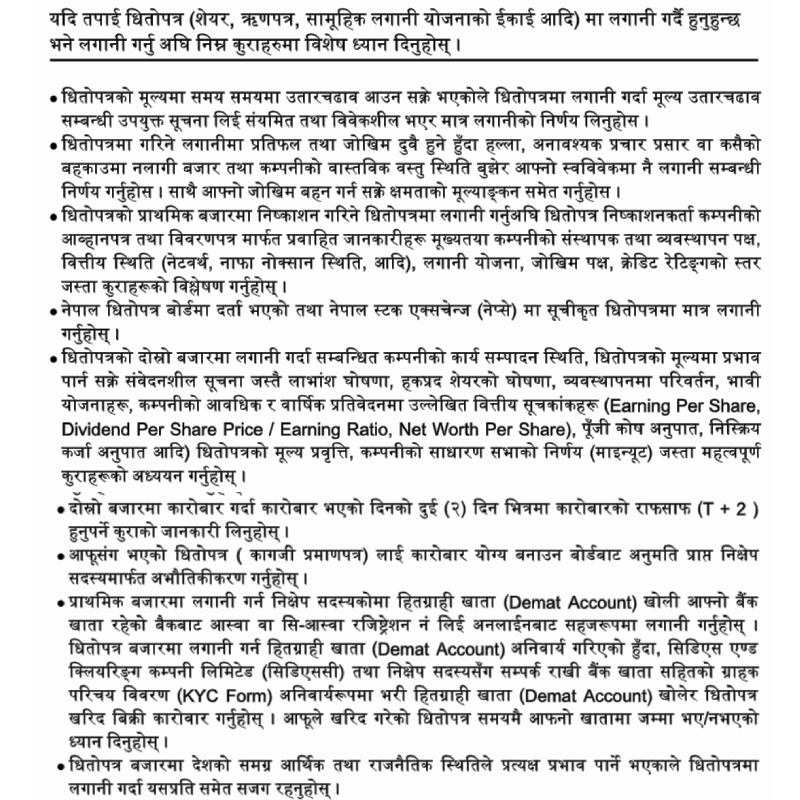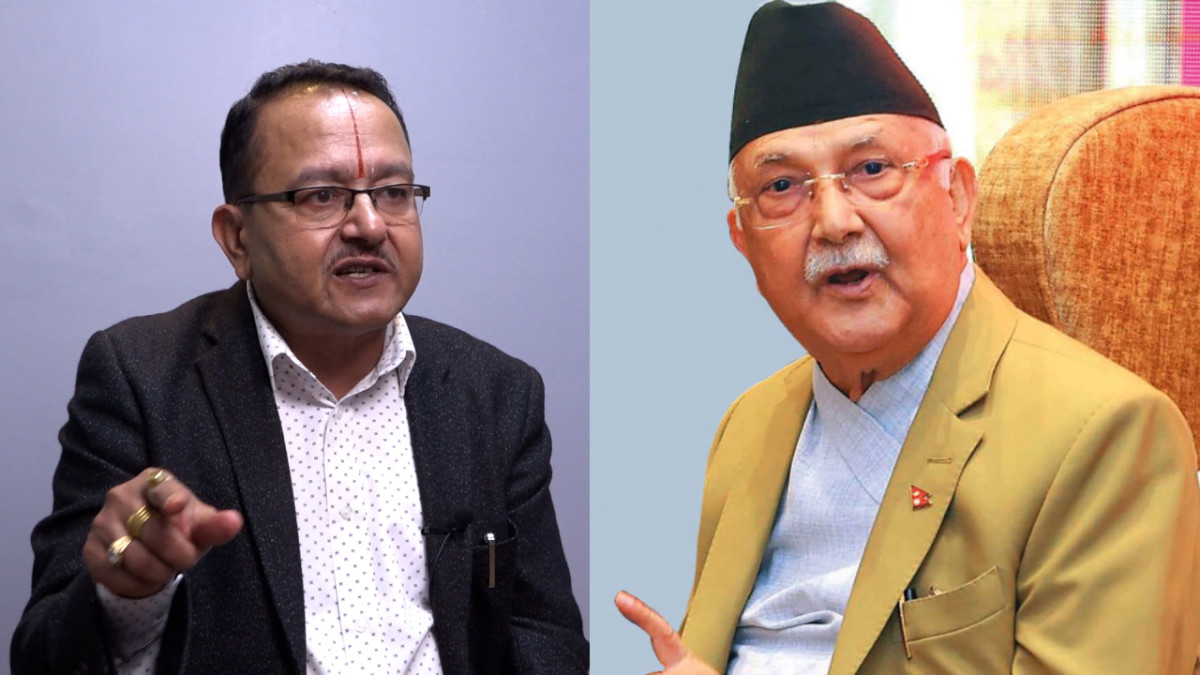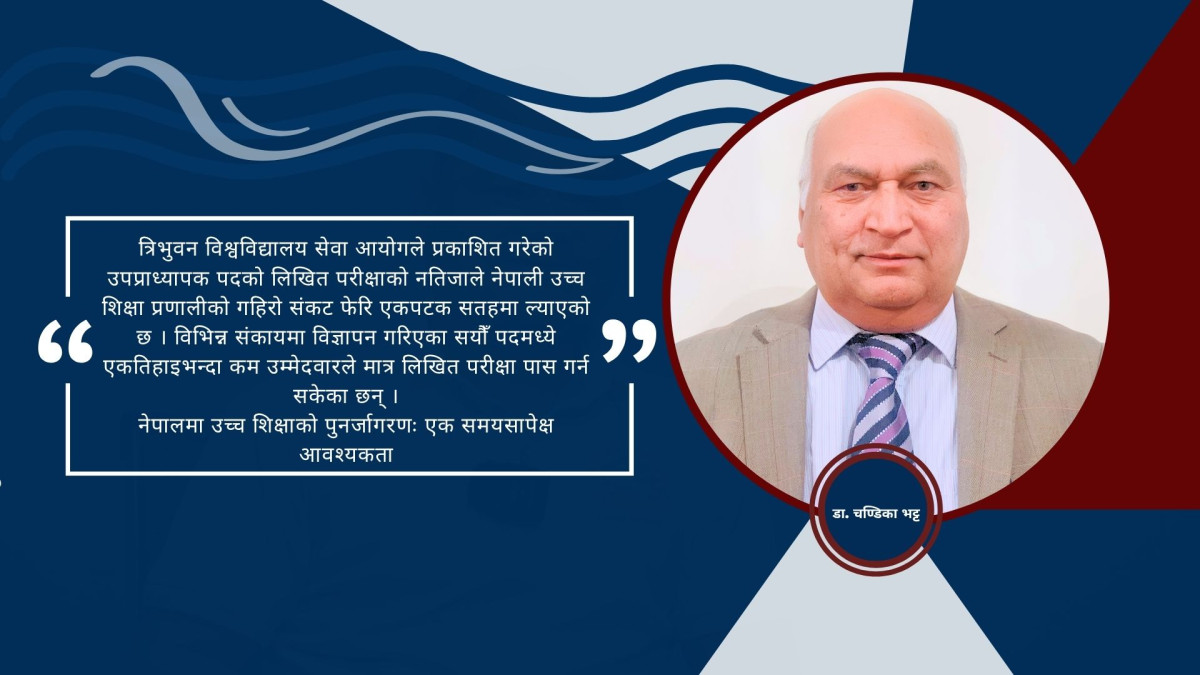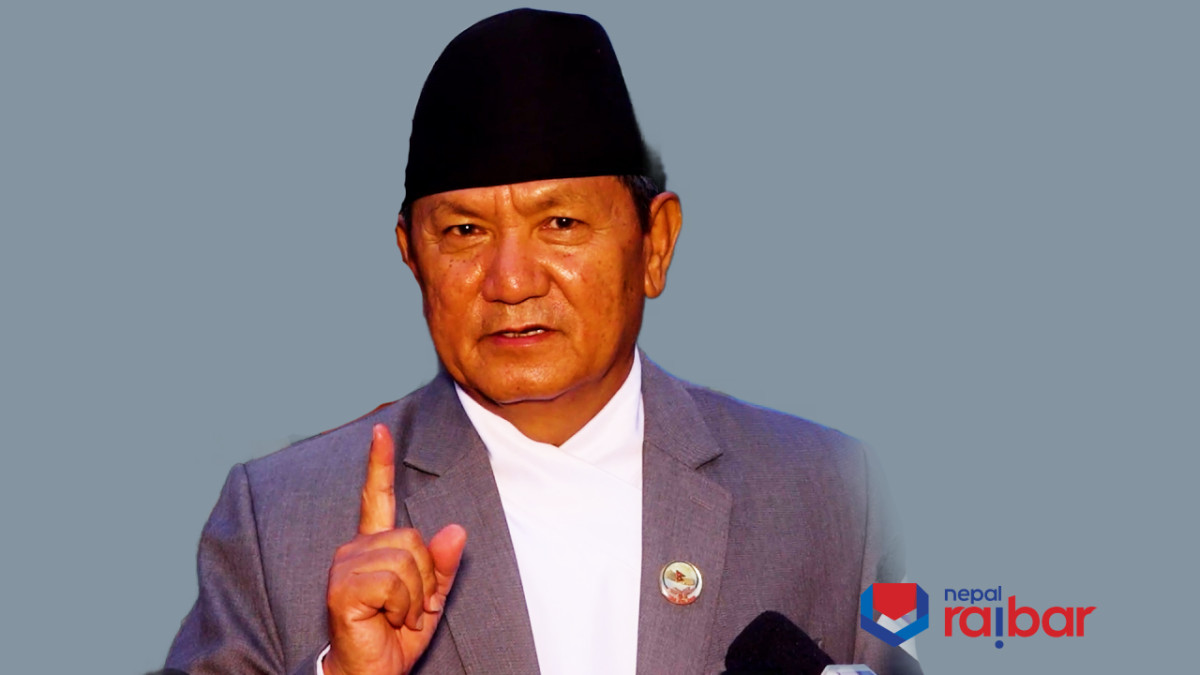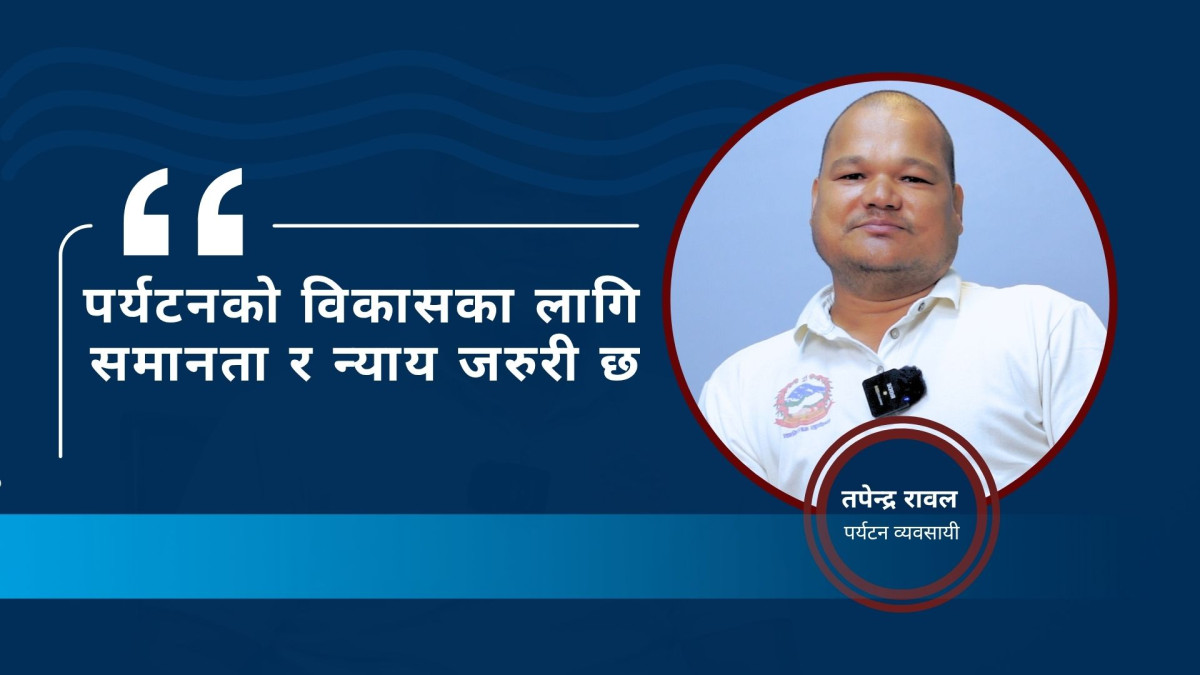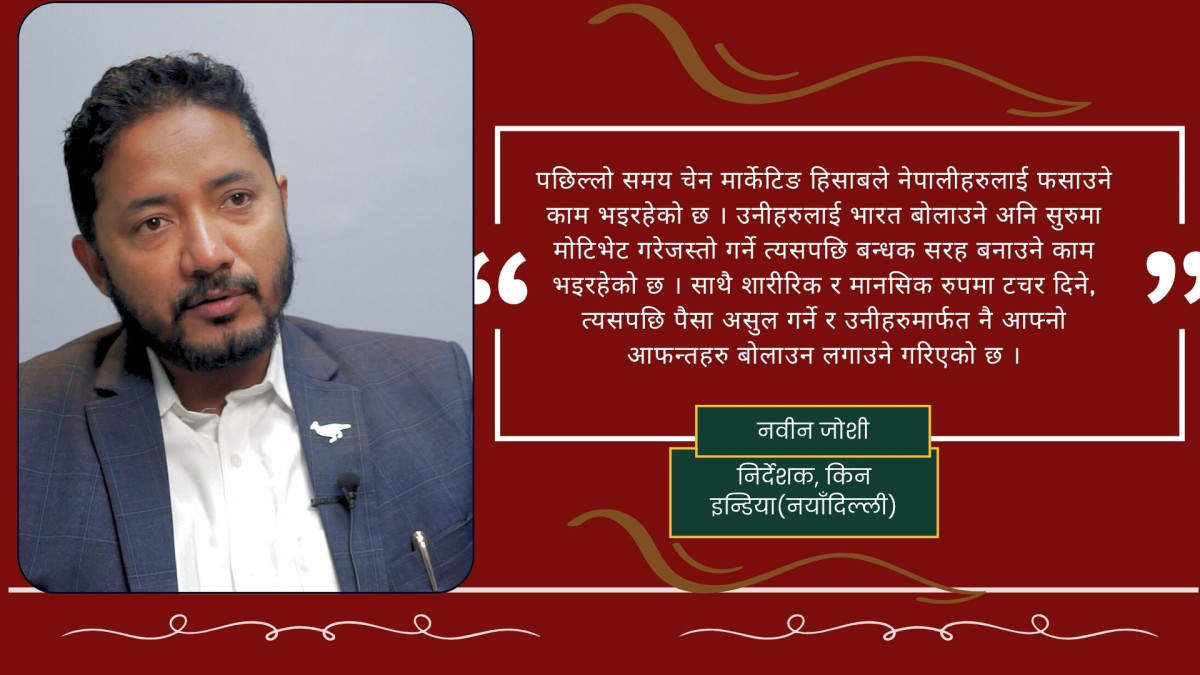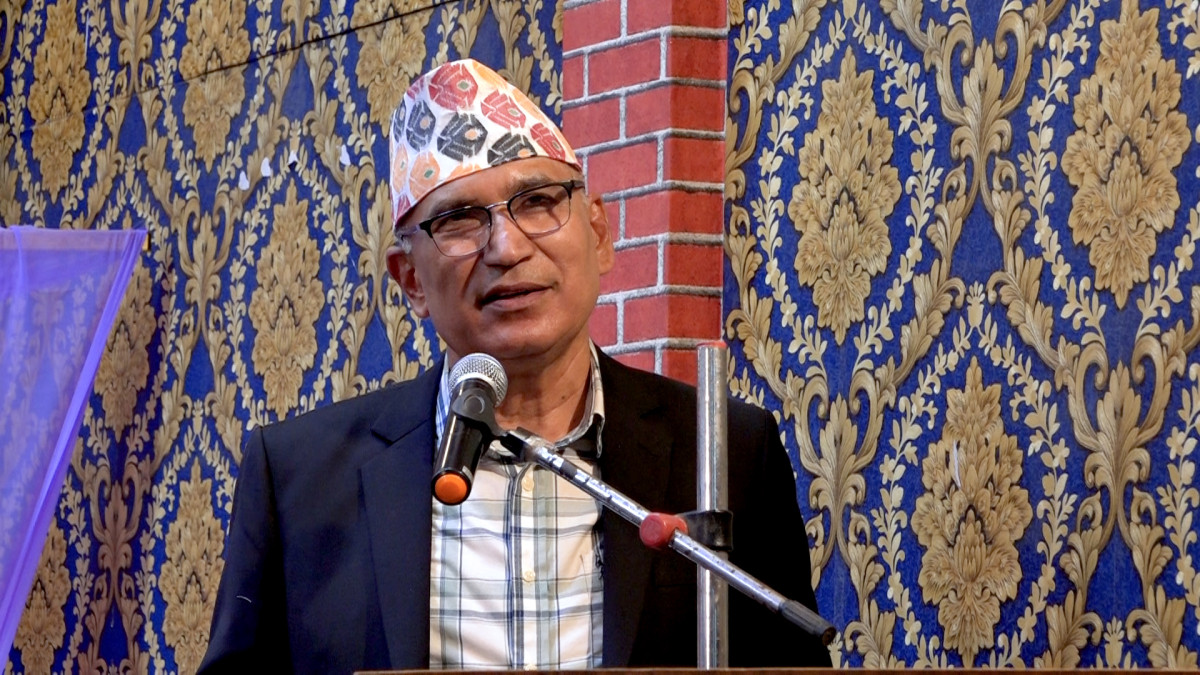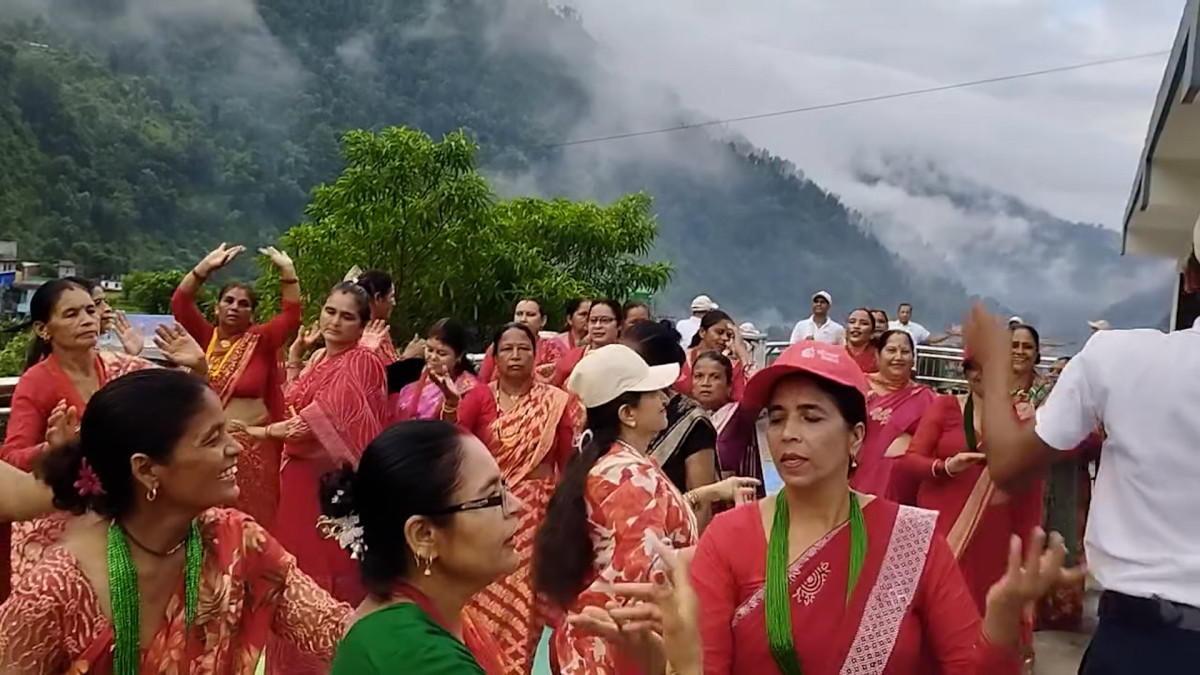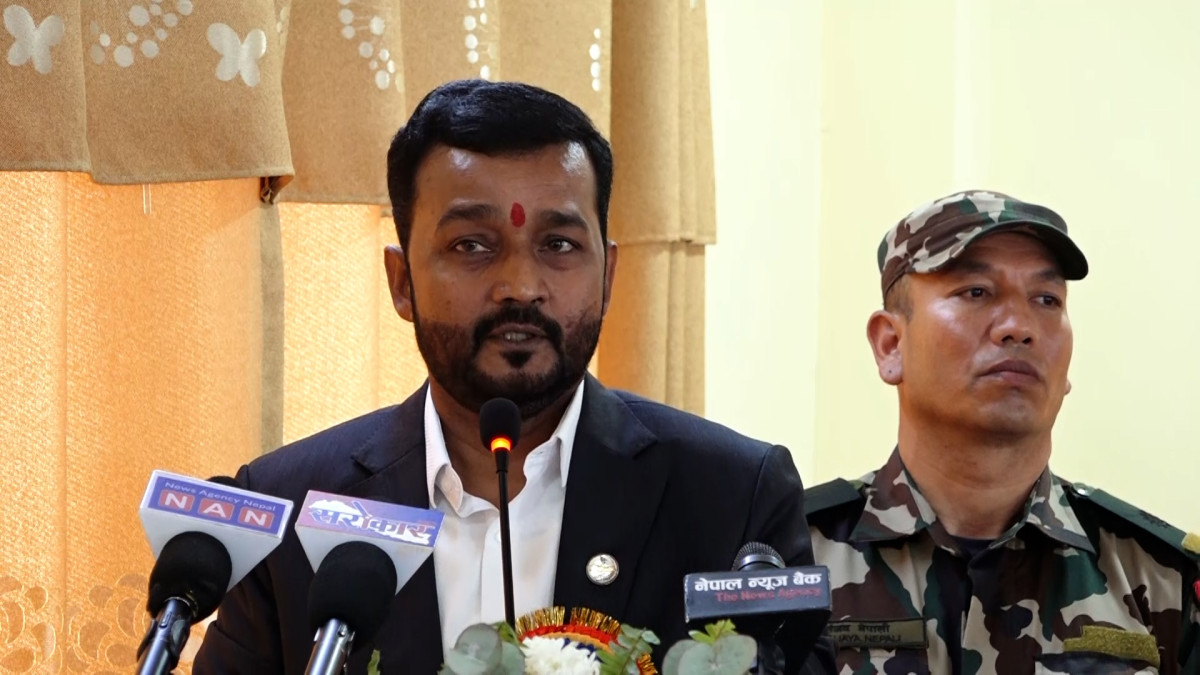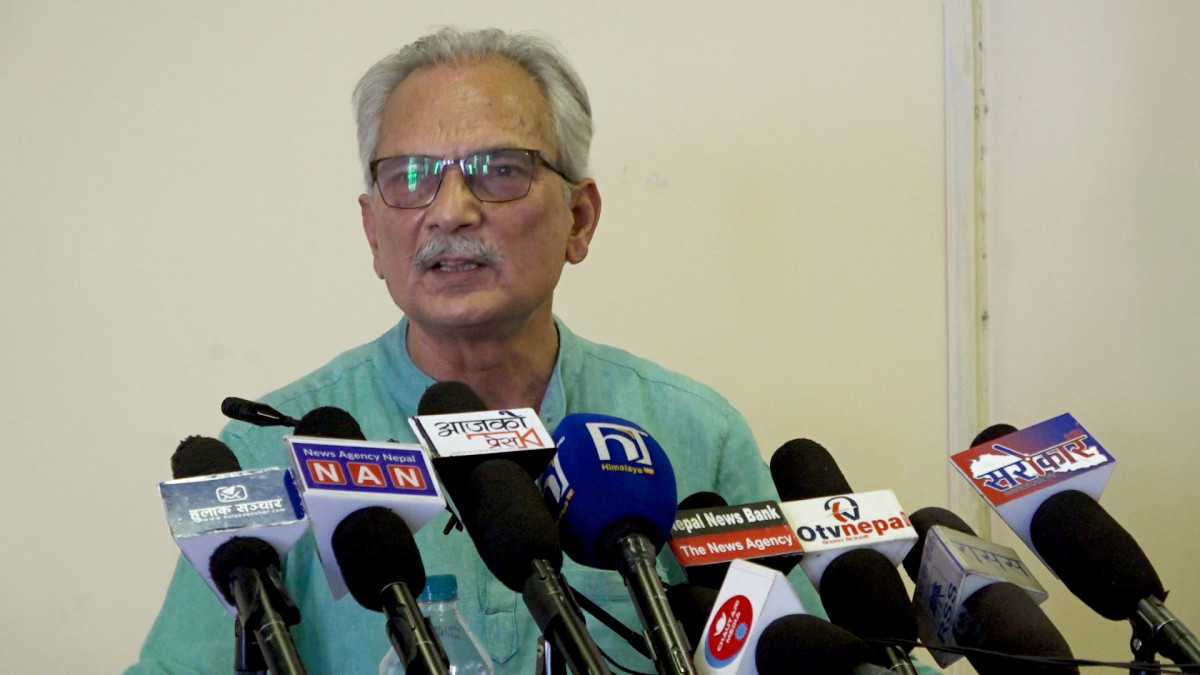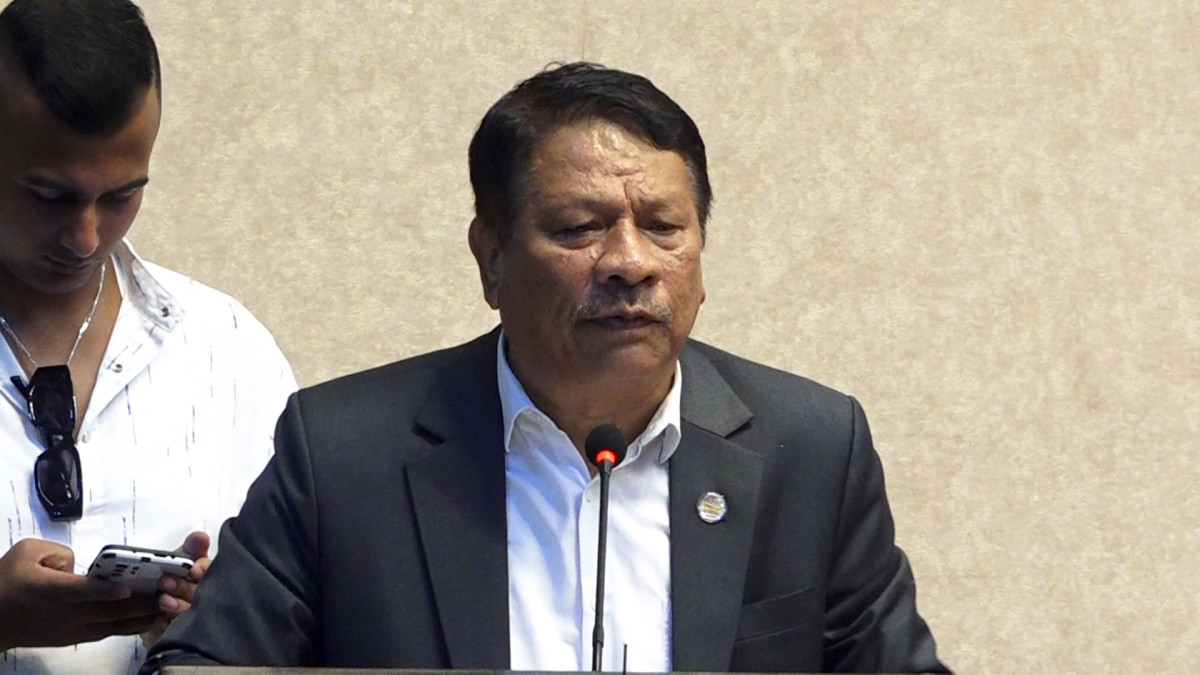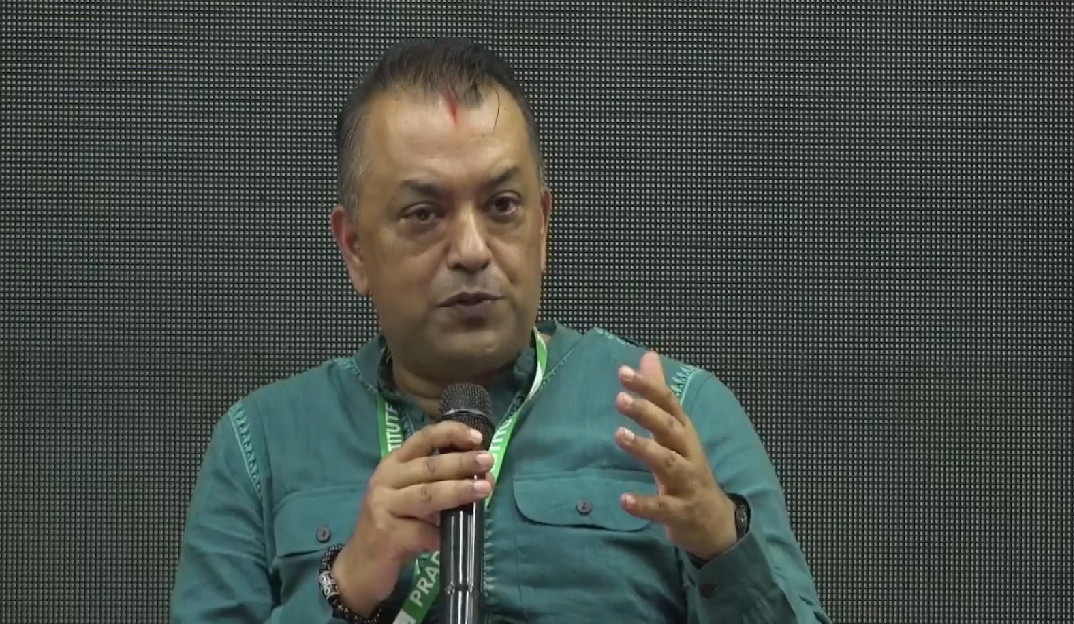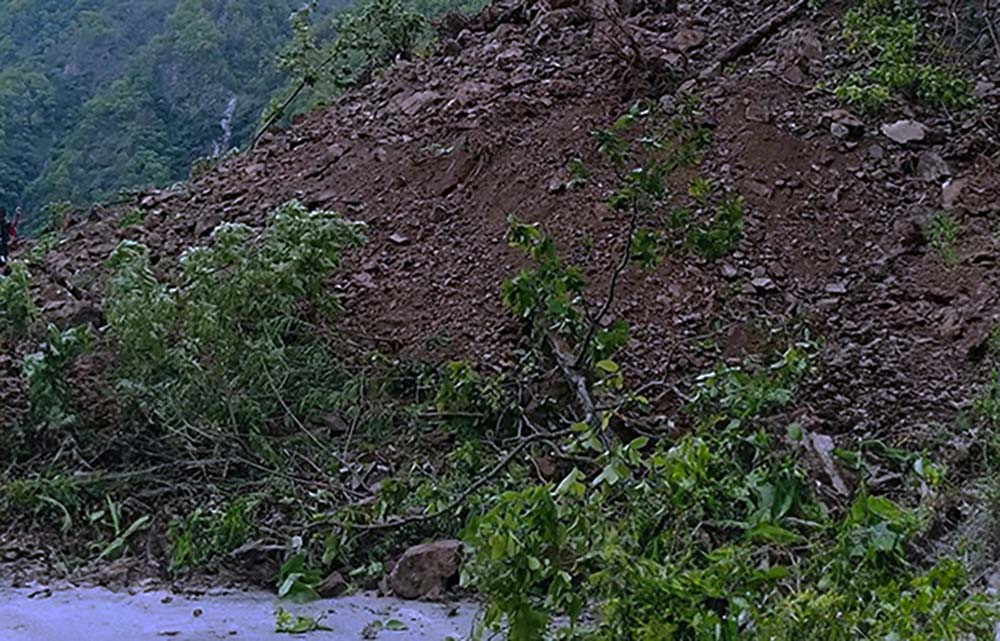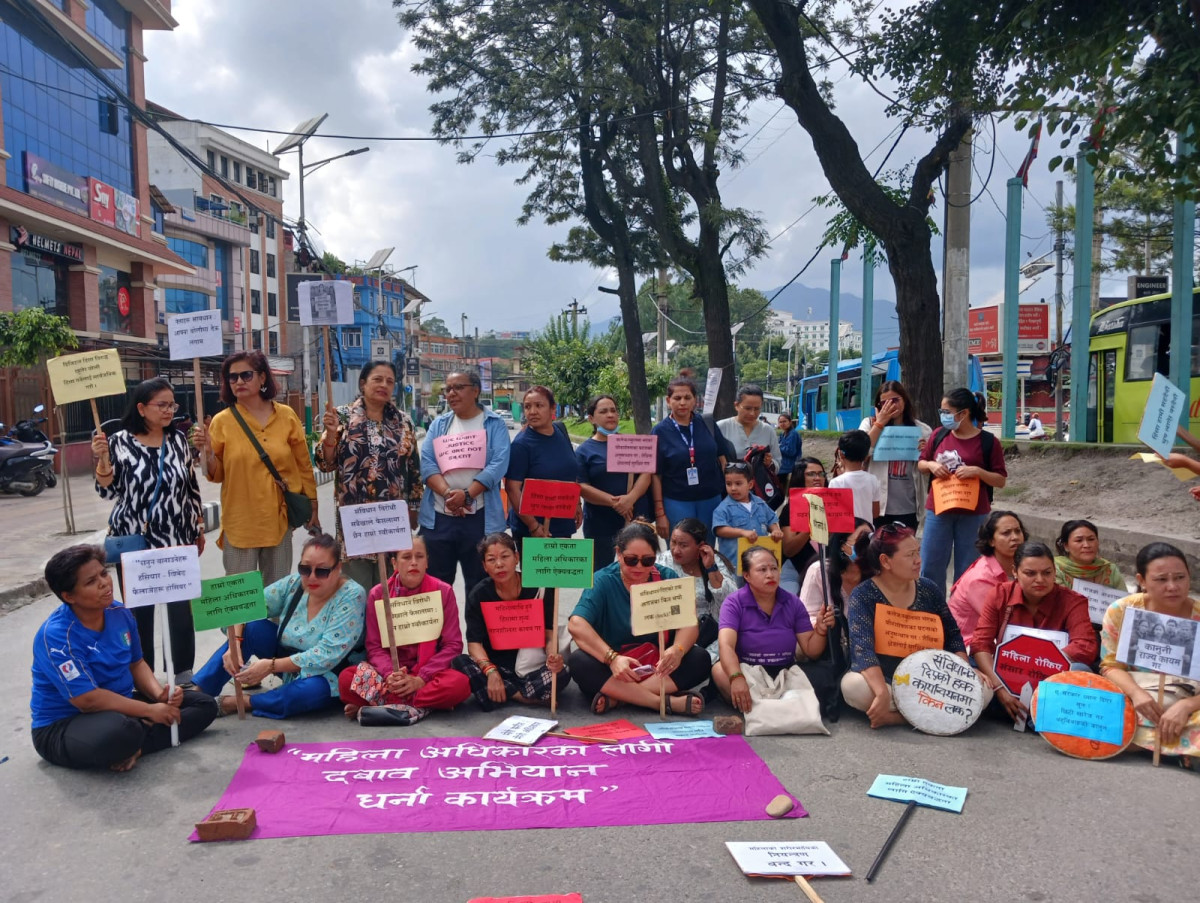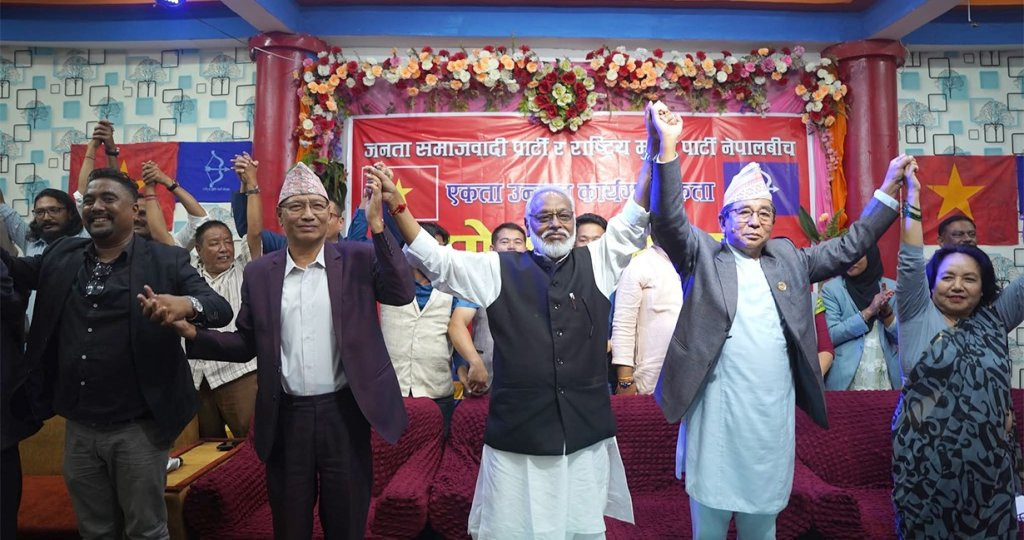With Bangladesh becoming the first South Asian country to accede to the UN Water Convention in June 2025, signaling a shift toward multilateral water diplomacy, Nepal faces critical questions about its transboundary water strategy.
As Madhesh Province experiences severe groundwater depletion-affecting millions along the Nepal-India border-the need for innovative diplomatic and technical solutions has never been more urgent.
In this exclusive interview, Krishna Adhikari speaks with Jiwan Mallik, a Harvard Kennedy School graduate and energy policy specialist, on how Nepal can navigate the changing landscape of regional water diplomacy while addressing the Indo-Gangetic aquifer crisis through engineering innovations and cooperative frameworks.
Bangladesh’s recent accession to the UN Water Convention represents a new approach to transboundary water issues in South Asia. How does this regional shift affect Nepal's approach to groundwater cooperation, particularly in addressing the Madhesh crisis that spans international borders?
Jiwan Mallik: Bangladesh’s move is a game-changer for regional water diplomacy. It signals that bilateralism alone may no longer be sufficient for addressing complex transboundary water challenges. For Nepal's Madhesh groundwater crisis, this creates both opportunities and pressures.
The Indo-Gangetic aquifer system underlying Madhesh is essentially a continuous geological formation, but it's managed by multiple states with different policies, priorities, and technical capacities. When Bihar or Uttar Pradesh increases groundwater extraction for agriculture or industry, it directly impacts water availability in Nepal's Madhesh districts.
What Bangladesh has done is recognize that multilateral frameworks can provide stronger legal mechanisms and technical support than purely bilateral arrangements. For Nepal, this raises an important question: should we also consider multilateral approaches for groundwater management, or can we develop innovative bilateral mechanisms that achieve similar results?
The advantage of multilateral frameworks lies in third-party technical support and standardized monitoring protocols. However, for groundwater specifically, the challenge is that aquifer management often requires localized technical interventions that bilateral cooperation might handle more effectively.
Bangladesh chose the UN Water Convention over other frameworks because it offers robust technical and financial support mechanisms. How can Nepal develop similar institutional support within bilateral arrangements?
Nepal can learn from Bangladesh’s strategic thinking and adapt it to bilateral frameworks. Bangladesh understood that effective water cooperation requires more than just legal agreements-it needs institutional support, technical assistance, and financing mechanisms.
For groundwater cooperation with India, Nepal should push for a comprehensive bilateral agreement that includes:
Technical working groups
Joint monitoring commissions
Shared financing facilities
This would create institutional depth similar to multilateral frameworks but within bilateral structures that India is more comfortable with.
We also need sub-national cooperation. Madhesh Province should establish sister relationships with adjacent Indian states like Bihar and Uttar Pradesh. These partnerships can move faster than national negotiations and build trust through practical, on-the-ground cooperation.
Domestically, Nepal needs to update its water laws to recognize transboundary aquifer management as a national priority, with clear institutional mandates and resource allocation mechanisms.
What specific solutions can address groundwater sustainability while respecting cross-border sensitivities?
Successful transboundary groundwater management requires engineering solutions that deliver mutual benefits, not zero-sum competition. I see three main categories of interventions:
Coordinated Artificial Recharge Systems:
Instead of building separate recharge infrastructure on each side of the border, we can develop integrated systems that optimize recharge across the aquifer. For example, floodwater capture and recharge projects in Nepal’s Chure-Madhesh region could complement similar systems in India, forming a regional recharge network.
Smart Monitoring and Data Sharing:
We need real-time aquifer monitoring using remote sensing, IoT sensors, and hydrogeological modeling. Sharing this data between countries would enable coordinated management decisions and early warnings for critical depletion zones.
Demand Management through Precision Irrigation and Crop Optimization:
Introducing water-efficient technologies and climate-adapted crops on both sides of the border can reduce overall groundwater demand while sustaining agricultural output. This requires coordinated agricultural extension services and cross-border technology transfer.
The key is to design interventions that offer immediate local benefits-such as improved water security and crop yields-while contributing to long-term regional sustainability.
How can Nepal develop effective policy frameworks for transboundary groundwater cooperation with India?
Nepal needs a multi-layered policy approach that operates across local, national, and international levels. The most effective transboundary water cooperation happens when local communities, technical experts, and policymakers all see tangible benefits.
At the bilateral level, Nepal should pursue a formal India-Nepal Groundwater Management Agreement, similar to existing surface water treaties but tailored to aquifer characteristics. This agreement should cover:
Joint monitoring protocols
Shared data standards
Coordinated management of critical aquifer zones
Equally important is sub-national cooperation. Madhesh Province can take the lead by building formal relationships with Bihar and Uttar Pradesh. These partnerships can enable technical cooperation, joint projects, and faster implementation than national-level processes.
Internally, Nepal must revise its legal framework, which still treats groundwater as a purely local resource. Transboundary aquifers require national coordination and strategic policy alignment.
How can international organizations and development partners support groundwater sustainability in Madhesh?
International partners can play a crucial role as neutral facilitators, technical advisors, and financing sources for transboundary cooperation. Their support should focus on creating incentives for collaboration while building local capacity.
Organizations like the World Bank and Asian Development Bank have relevant experience from transboundary surface water projects. Their regional financing models can be adapted to support coordinated investments that benefit both Nepal and India while protecting shared aquifer systems.
What is your vision for sustainable groundwater management in the Madhesh region over the next decade?
I envision the Madhesh-Bihar-UP region becoming a model for transboundary groundwater cooperation-demonstrating how shared water resources can strengthen rather than strain international relationships.
By 2035, we should have stabilized groundwater levels across the region through coordinated management, innovative technology, and agricultural transformation. This means integrated monitoring systems providing real-time aquifer data, coordinated artificial recharge networks capturing monsoon floods for groundwater banking, and precision irrigation systems that maintain agricultural productivity while reducing water demand.
This vision requires persistent effort and political will. If aquifer depletion and water conflict continued, it would be far worse for both countries. The question isn't whether we can afford to cooperate, but whether we can afford not to cooperate on this fundamental resource that millions depend on for their survival and prosperity.

.jpg)







.jpeg)


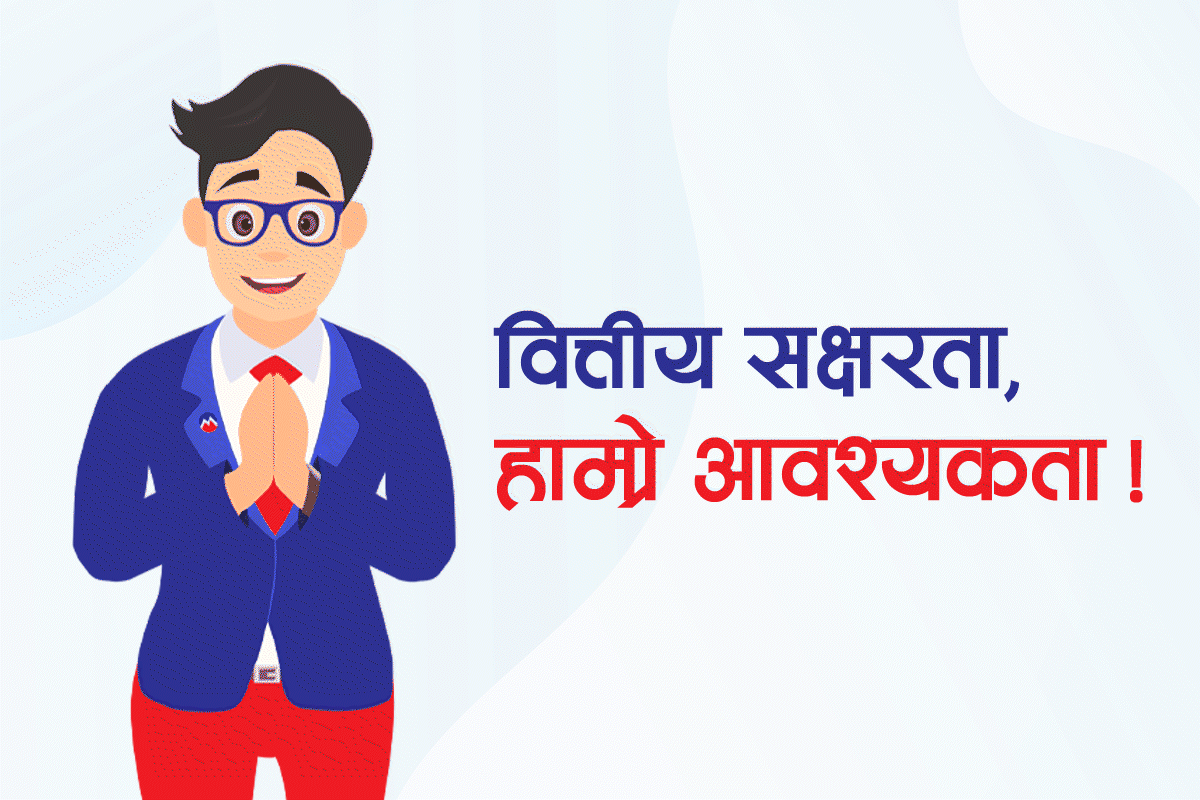
.gif)


